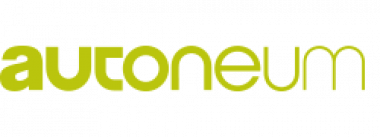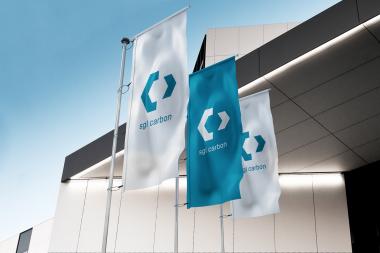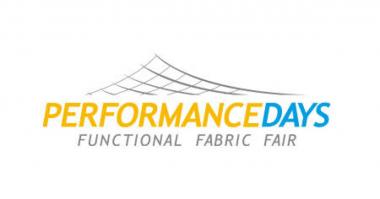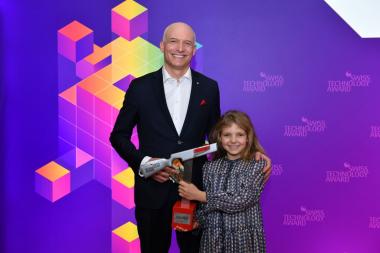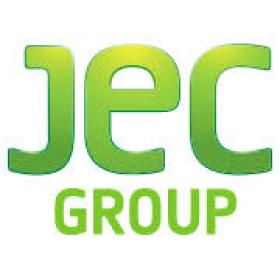Autoneum: Revenue growth in 2022
For the first time in two years, global automotive production recorded a significant increase in full-year 2022 with 82.0 million vehicles produced (2021: 77.2 million vehicles) and growth of 6.2%, driven by the regions Asia and North America, but remained below 2019 levels.
Autoneum's revenue in local currencies increased significantly by 8.5%, largely due to inflation-related compensation. In the regions Europe and Asia, Autoneum's production volumes developed below market. Compared to the July 2022 estimate, revenue was around CHF 90 million lower than assumed due to volume factors. The strong fluctuations in production volumes due to vehicle manufacturer supply chain issues continued in 2022 and were exacerbated by the war in Ukraine in Europe and by COVID-related lockdowns in Autoneum's Asian main market China. Consolidated revenue in Swiss francs increased by 6.1% year-on-year to CHF 1 804.5 million (2021: CHF 1 700.4 million) due to the strong Swiss franc.
Revenue development in the regions
In local currencies, revenue of Business Group Europe increased by 2.7%, while production volumes of vehicle manufacturers decreased by 1.3%. The growth in revenue resulted from inflation compensation, while Autoneum's production volumes were significantly lower compared to the previous year. Business Group North America increased its revenue in local currencies by 11.0%. The number of vehicles produced increased by 9.7% year-on-year. Volume development at Autoneum’s North American plants clearly improved compared with 2021 due to the allocation of semiconductors to the vehicle models supplied by Autoneum. Revenue of Business Group Asia declined by 2.7% in local currencies, and thus was significantly below the market (+7.7%). Autoneum's production facilities in its main market China are located in regions that were hit particularly hard by the COVID-related lockdowns. Growth in China was also driven by Chinese vehicle manufacturers, with whom Autoneum generated only little revenue last year.
Business Group SAMEA (South America, Middle East and Africa) achieved hyperinflation-adjusted revenue growth in local currencies of 65.2% year-on-year. This increase was mainly due to inflation compensation and in terms of volume slightly outperformed the market, which grew by 7.5%.
Due to significantly lower production volumes in Autoneum's regions Europe and Asia of around CHF 90 million compared to the half-year estimate and further increases in energy costs in the second half of the year, Autoneum expects the full-year 2022 result to be at the lower end of the guidance published on June 15, 2022.
The full year-end financial statements and the Annual Report 2022 will be presented at the Media Conference on March 1, 2023.
Autoneum Management AG


